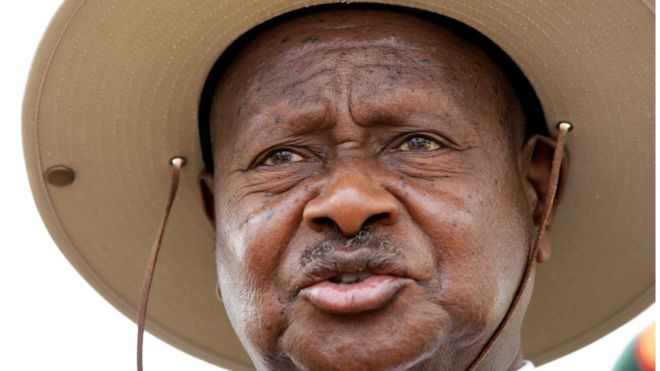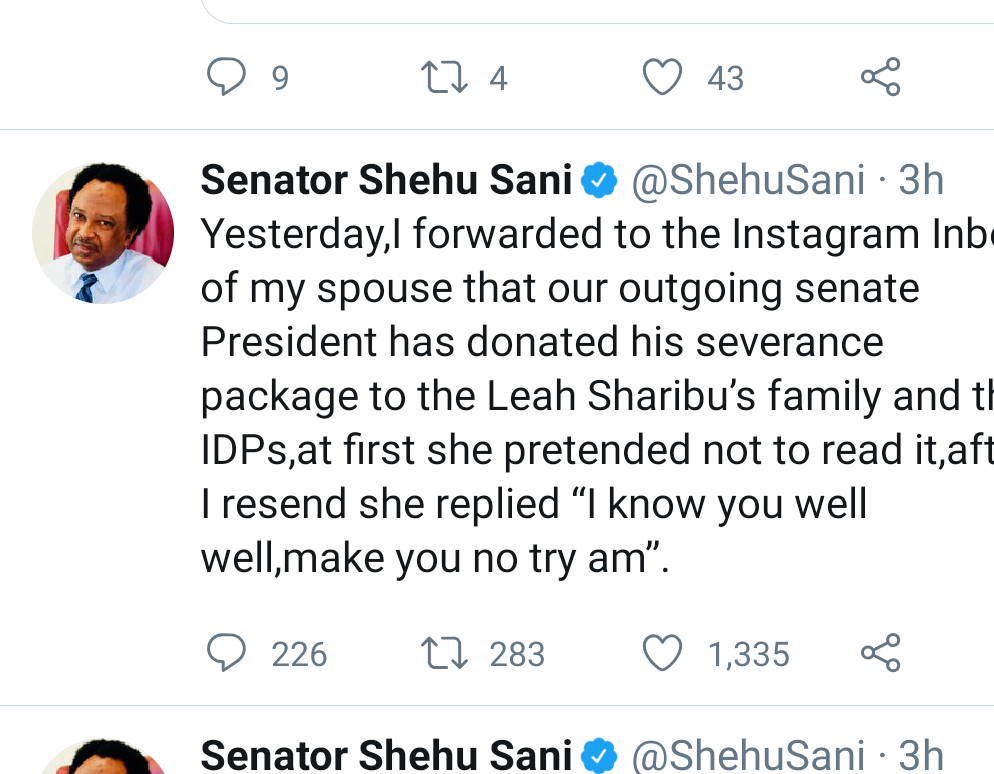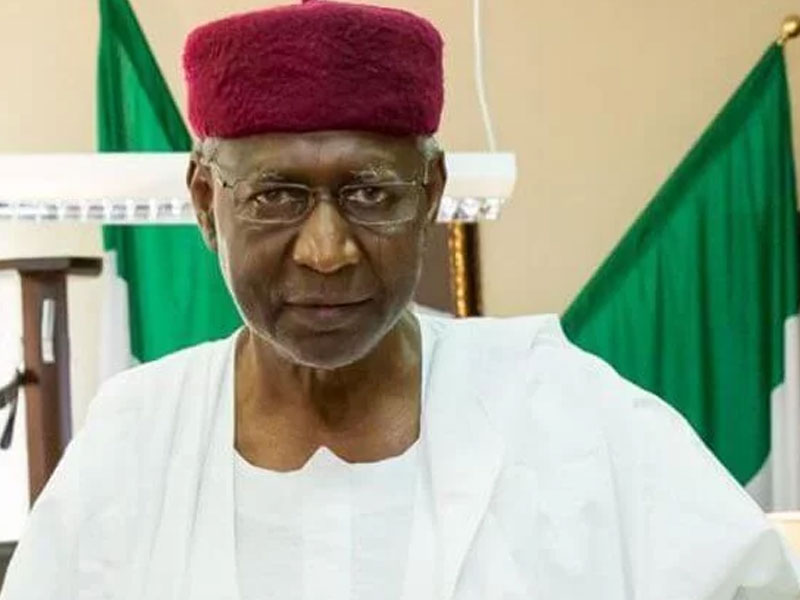
FILE: Africans Vote: Elections underway in Niger, CAR
Africans Vote on Sunday: Elections underway in Niger, CAR
Amidst fears of violence and optimism, voting is underway on Sunday in West Africa’s Republic of Niger as well as in the Central African Republic (CAR).
In Niger, the election is expected to lead to the first transfer of power between two democratically elected presidents in a country reeling from Islamist violence.
Former interior minister Mohamed Bazoum, the ruling party’s candidate, is the overwhelming favorite to succeed President Mahamadou Issoufou, who is stepping down after two five-year terms leading the largely desert country of 23 million.
In the CAR where campaigns have been marred by violence between government and rebel forces, elections are under way as UN peacekeepers man flagged violence spots. In the run-up, three UN peacekeepers were killed by unidentified assailants during two separate attacks.
Despite rebel actions, the incumbent is in control as on Saturday, the Constitutional Court rejected a bid by opposition candidates to postpone the vote because of the insecurity.
This is the first election since a peace deal was struck in February 2019. President Faustin-Archange Touadera is seeking a second term in office and has accused his predecessor, François Bozizé, of fomenting a coup with rebel groups. Mr Bozizé, who is barred from running in the election and is under UN sanctions, has denied the allegation.
In Niger, Bazoum, 60, has promised continuity with Issoufou’s policies, while also vowing to clean up pervasive corruption.
“If I am lucky enough to win this election, you will have chosen someone who is ready from day one,” he said in a campaign video.
Niger faces twin security crises. It has suffered repeated attacks near its western borders with Mali and Burkina Faso from militants linked to al Qaeda and Islamic State. Near its southeastern border with Nigeria it faces attacks from Boko Haram. Hundreds of soldiers and civilians have been killed in the last year alone.
The economic situation is also critical. More than 40% of the population lives in extreme poverty, and the COVID-19 pandemic has slowed growth to a crawl, compounding the effects of climate change and low prices for top export uranium.
Bazoum faces 29 other candidates, who will hope to force a second round by denying him an outright majority of the vote.
Hama Amadou, who finished runner-up in the last election, was barred from running because of a criminal conviction, leaving the opposition without an obvious figurehead.
But last week, Amadou’s party called on its supporters to turn out for Mahamane Ousmame, who was president from 1993-96.
“After my candidate was disqualified, I didn’t have the motivation to come out and vote,” said Ali Hamma, an Amadou supporter. “But with the new instructions, I am going to vote.”
A peaceful transfer of power would be a milestone for Niger, which has experienced four coups since gaining independence from France in 1960.
It would also stand in stark contrast to Ivory Coast and Guinea, whose presidents this year used constitutional changes to extend their tenures to three terms, raising fears of a democratic backslide in West Africa.
Meanwhile, the government in CAR has denied allegations of election rigging by the Coalition of Patriots for Change (CPC) – a recently created alliance of the country’s most powerful rebel groups.
CAR key events
- 2003Rebel leader and former army commander Francois Bozizé seizes power
- 2009UN Security Council agrees to creation of UN peace-building office for CAR to address ongoing insecurity
- 2013Bozizé flees into exile as Seleka rebel coalition rapidly overruns the country and takes control of the capital
- 2015Referendum on constitutional changes in November, followed by first round of presidential election
- 2019Bozizé returns to CAR
Source: BBC
Ballots are being cast in presidential and legislative races, with UN peacekeepers patrolling the streets in the capital, Bangui, and armoured vehicles posted outside some polling stations.
The rebel coalition said on Friday that it had called off a three-day ceasefire over the election period due to attacks by government forces.
However, the government dismissed the ceasefire, calling it “a non-event” that had not been honoured by rebels.
The rebel groups have seized several towns close to Bangui, clashing with government forces and looting property.




Recent Comments